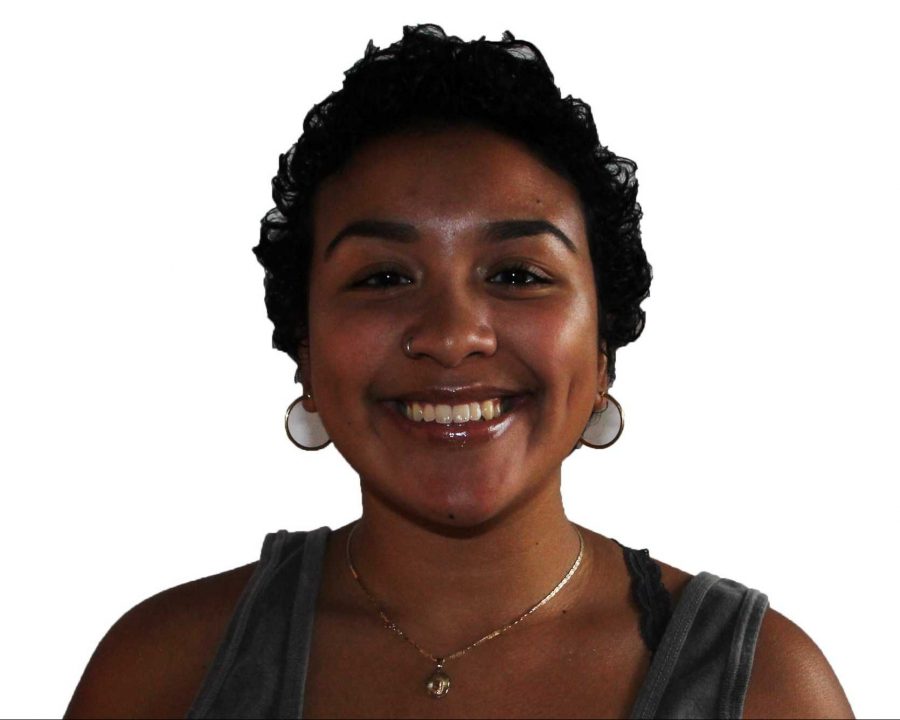Is “black” a bad word?
Sep 30, 2016
While watching the first presidential debate, I noticed that whenever discussing anything involving the black community, both Hillary Clinton and Donald Trump referred to black people as “African-Americans.” While their use of the term “African-American” was just an attempt at being politically correct, it made me think about the countless times I’ve heard non-black people use the word “African-American” in place of “black.”
What is curious about this is that black people aren’t always African-American. For example, I am a multiracial Latina. But just because I am black racially doesn’t mean that my ethnic group is automatically African-American. Because my family and I will be seen in the eyes of strangers as black people, we will be treated as such, therefore making my experiences of a black person similar to those in the African-American community since people see color, not ethnicity.
So because all black people — regardless of whether they’re Haitian, French or African-American — face some level of discrimination, why are people so afraid to just say “black people” when referring to black struggles? While you may be trying to use terms that don’t make black people cringe, referring to the black community as “African-Americans” leaves out the black people who don’t identify with that ethnic group.
Additionally, there are people who hold bigoted beliefs yet use terms like “African-Americans” as a way to counter any allegations of bigotry. But if someone is genuinely trying to be respectful and open-minded, I appreciate that they care enough about my feelings to use the word “African-American” because they think I’ll be offended if they just say “black people.” The amount of confusion about whether or not “black” is an OK thing to say shows the lack of honest communication between black people and everyone else concerning race relations.
Freshman Monica Ramirez believes that using the term “African-American” is “the more polite version of referring to black people.”
Get The Daily Illini in your inbox!
Ramirez, in fact, didn’t find fault with using the word “black” until people in positions of authority, such as teachers, “corrected” her and other students by suggesting that “African-American” was the more politically correct term. She feels that if someone is “saying that they’re black or African-American,” then people should use that term to describe that person. “It all depends,” she says.
It really all does depend. Many black people actually prefer the term “black” over “African-American” for a number of reasons. Some black people don’t feel a connection to either African culture, American values or both. On the other hand, though, some black people think that the term “African-American” suits them better, and that “black” is a harsh, outdated word.
A large part of me thinks that the reason why people are afraid to say “black people” is because throughout American history, blackness has been associated with negativity for a multitude of racist reasons. It’s as if nonblack people think that “black” is a mild way of saying “negro.” However, the terms with which people choose to identify themselves change throughout time.
While there are people who identify as just African-American, black or both, blackness is being celebrated by many people and it shouldn’t be a word that nonblack people are afraid to use.
But when speaking about issues that affect people who are racially black, it would be more accurate to describe them as such to avoid confusion, to be even more inclusive, and to combat the idea that “black” is a bad word.
Tatiana is a freshman in Media.






